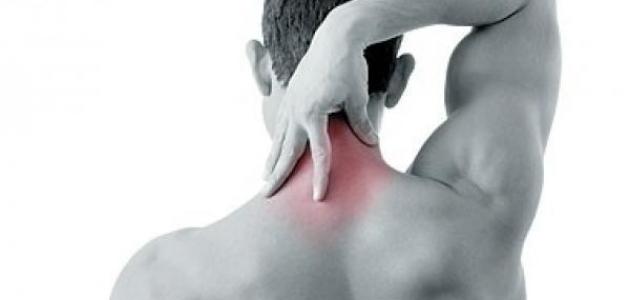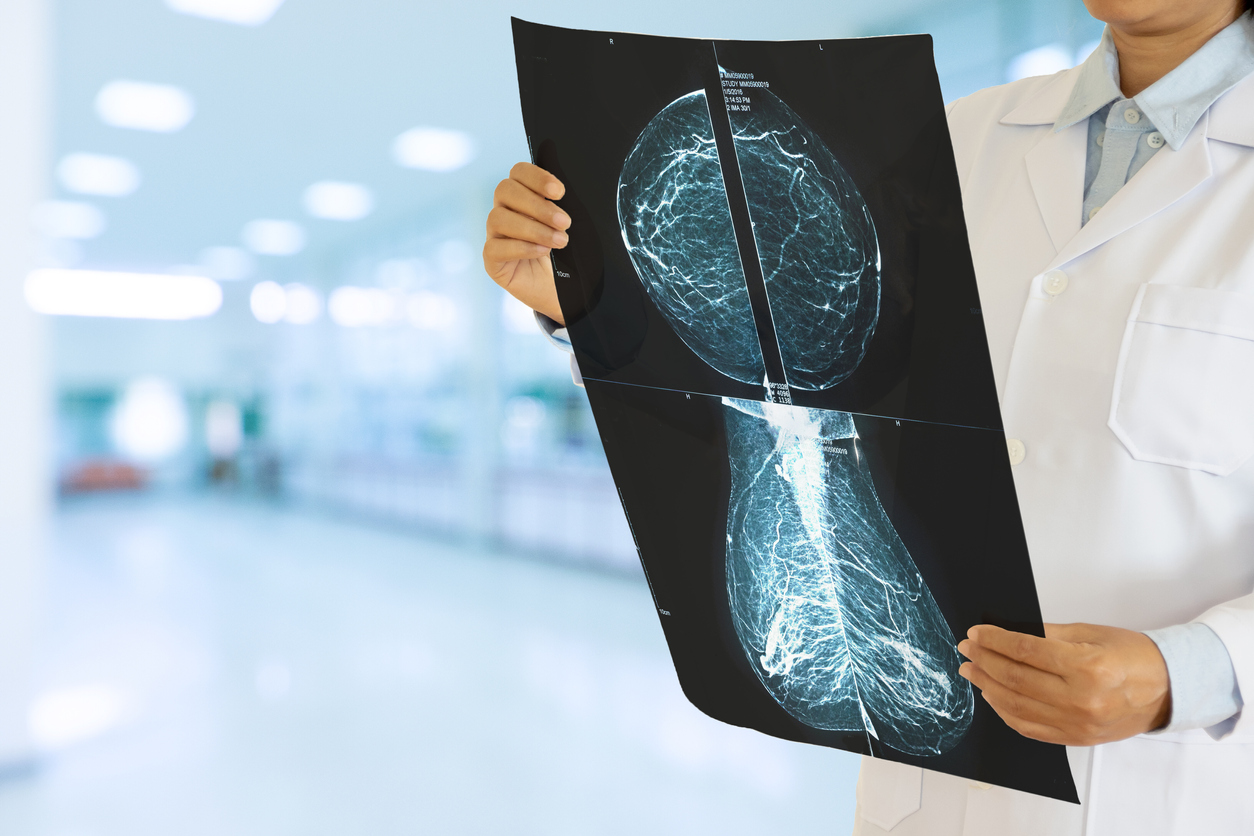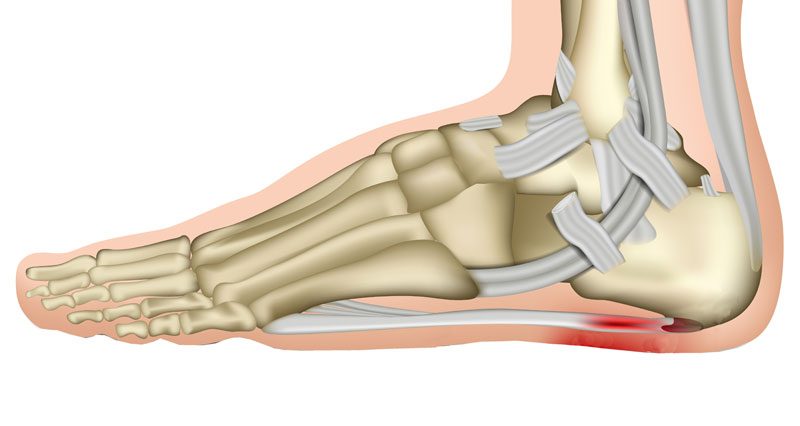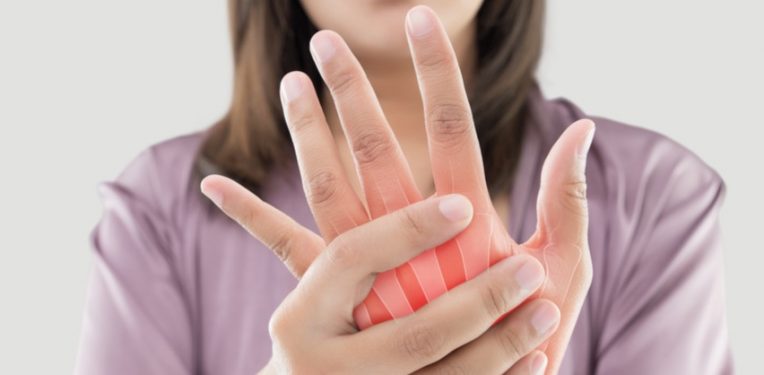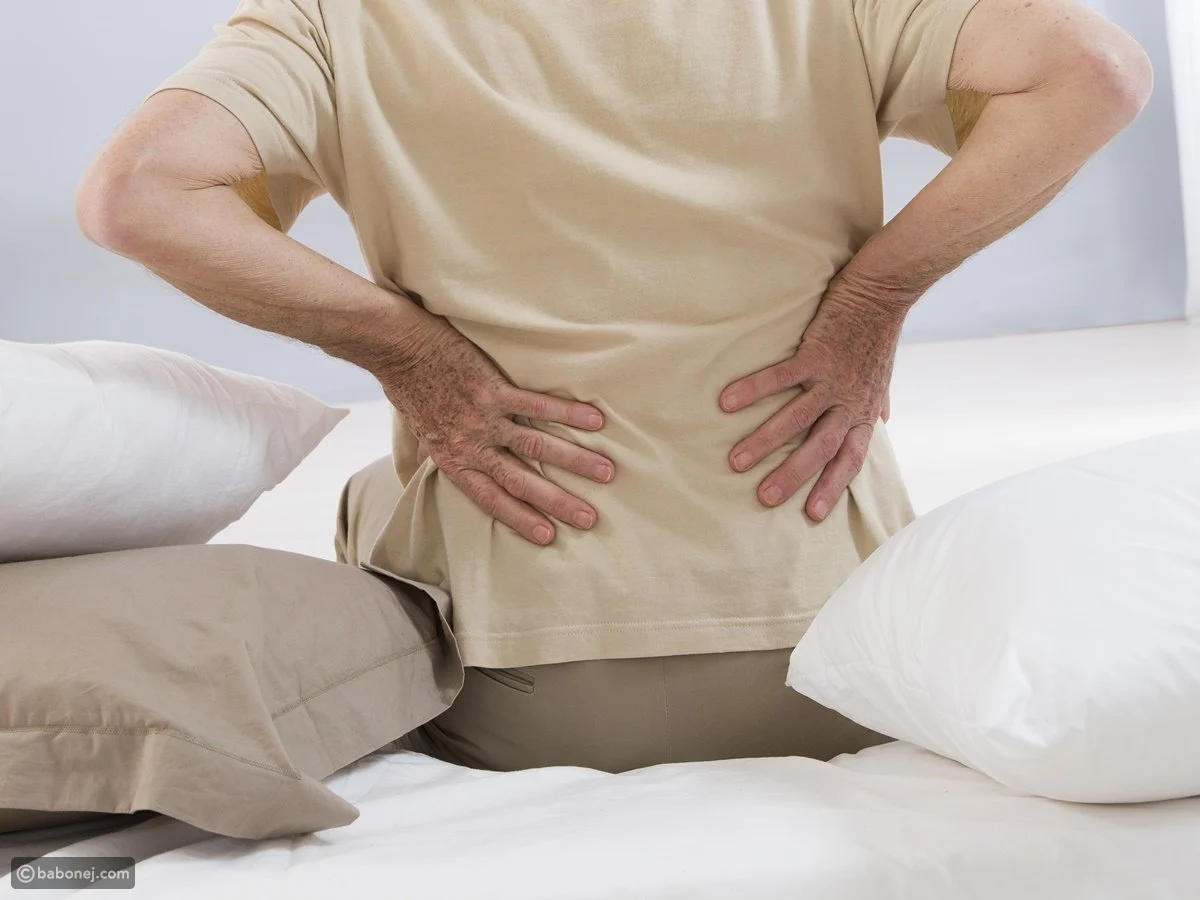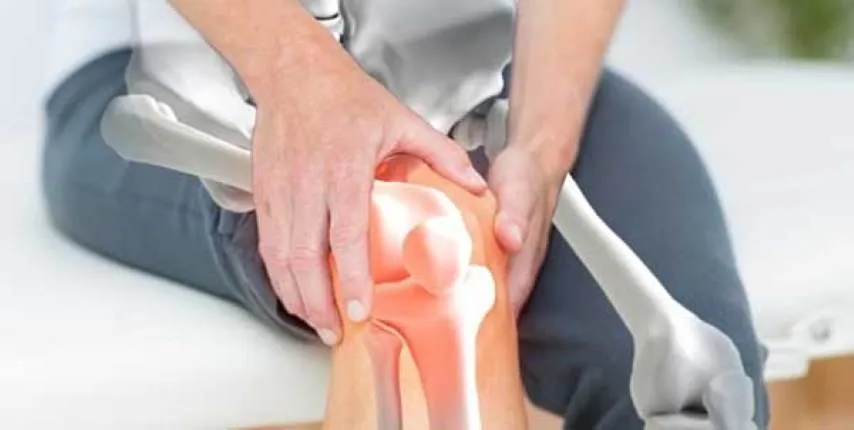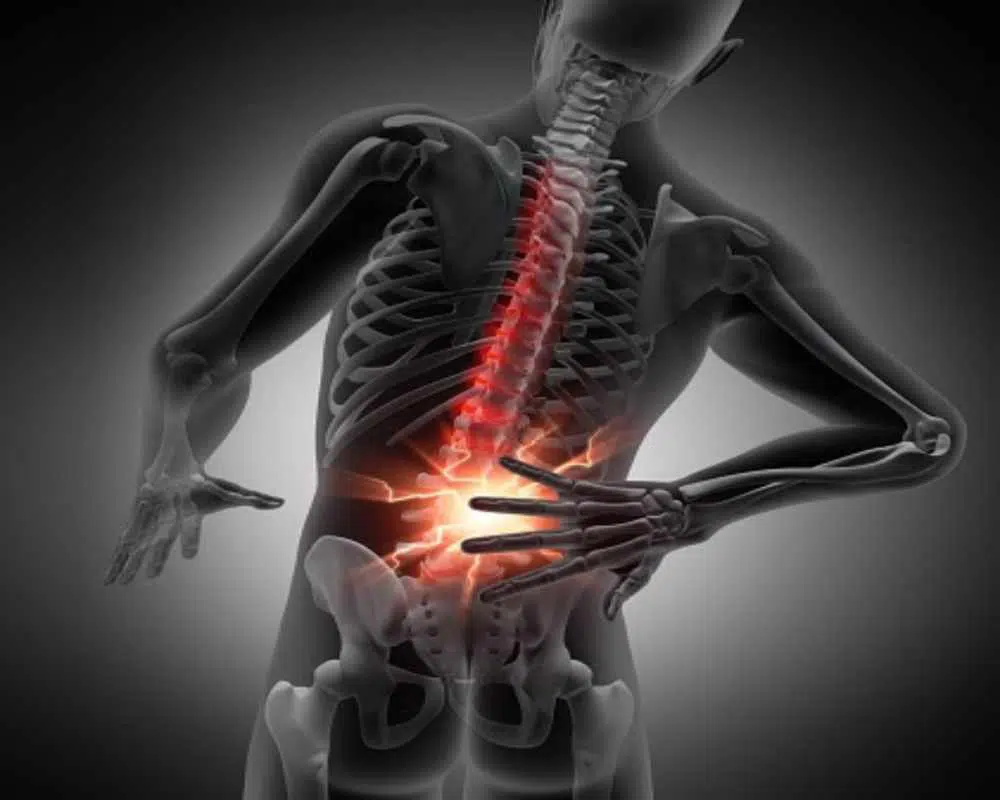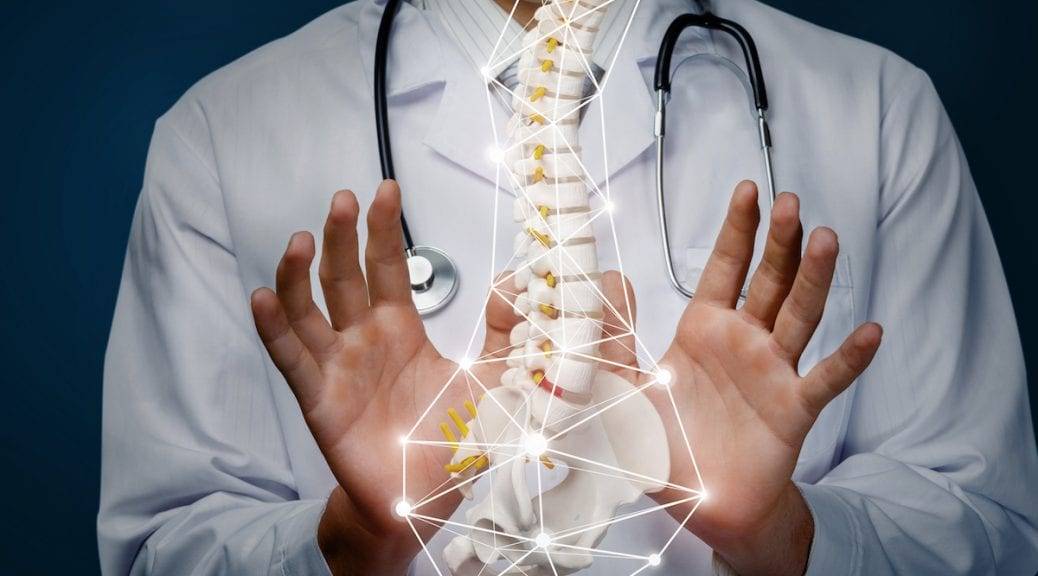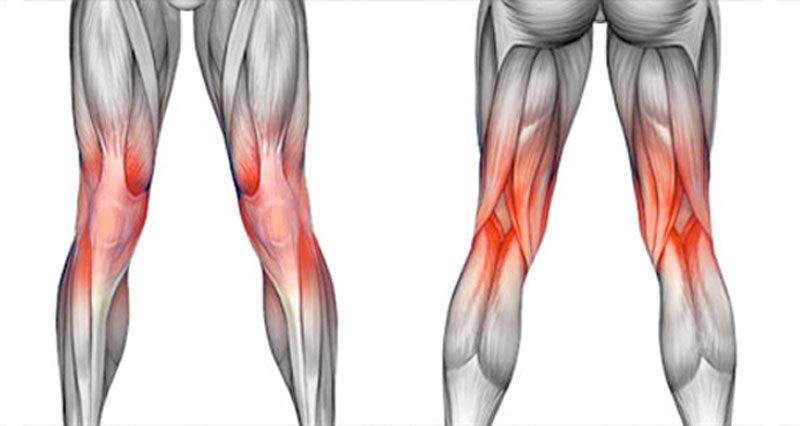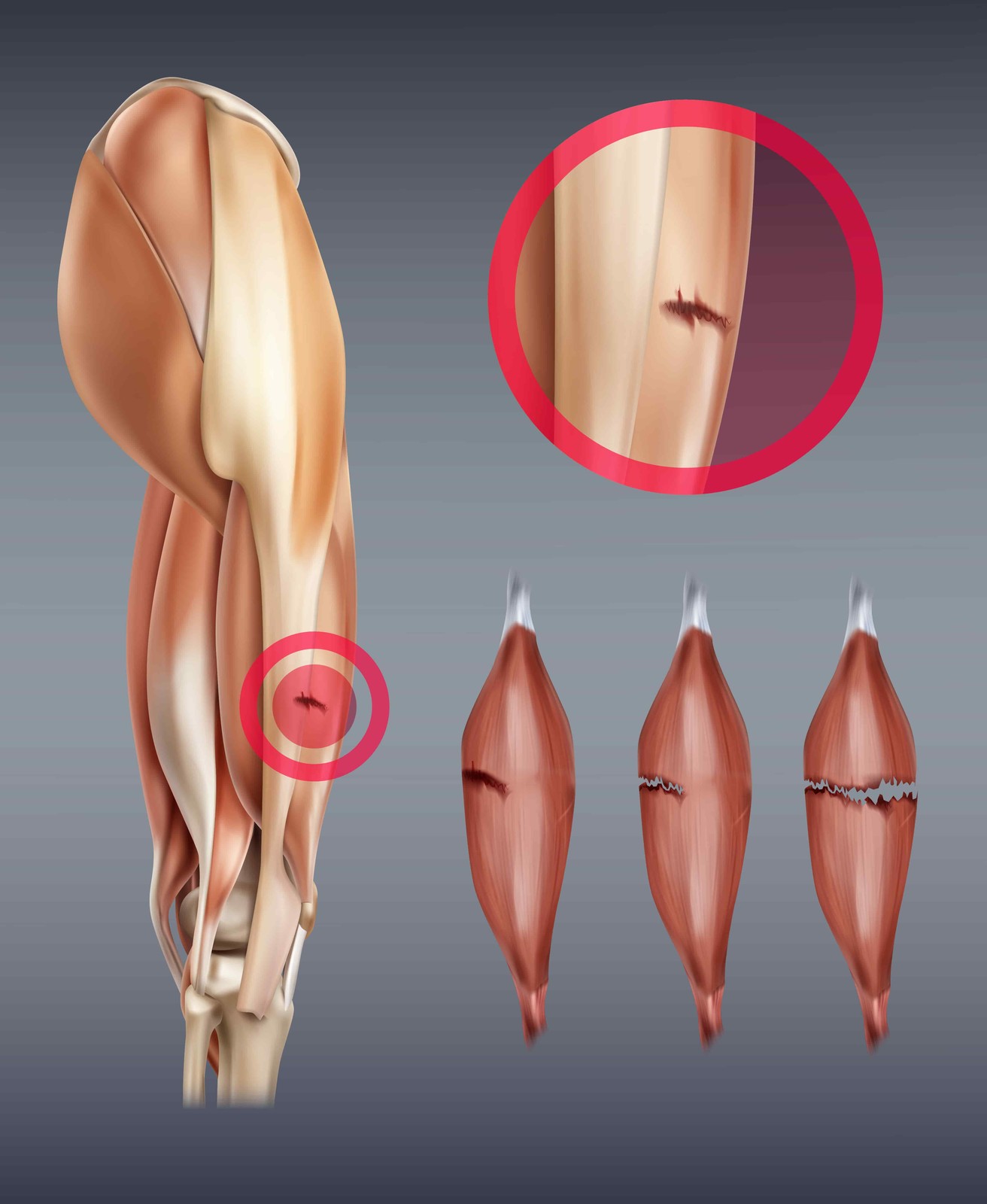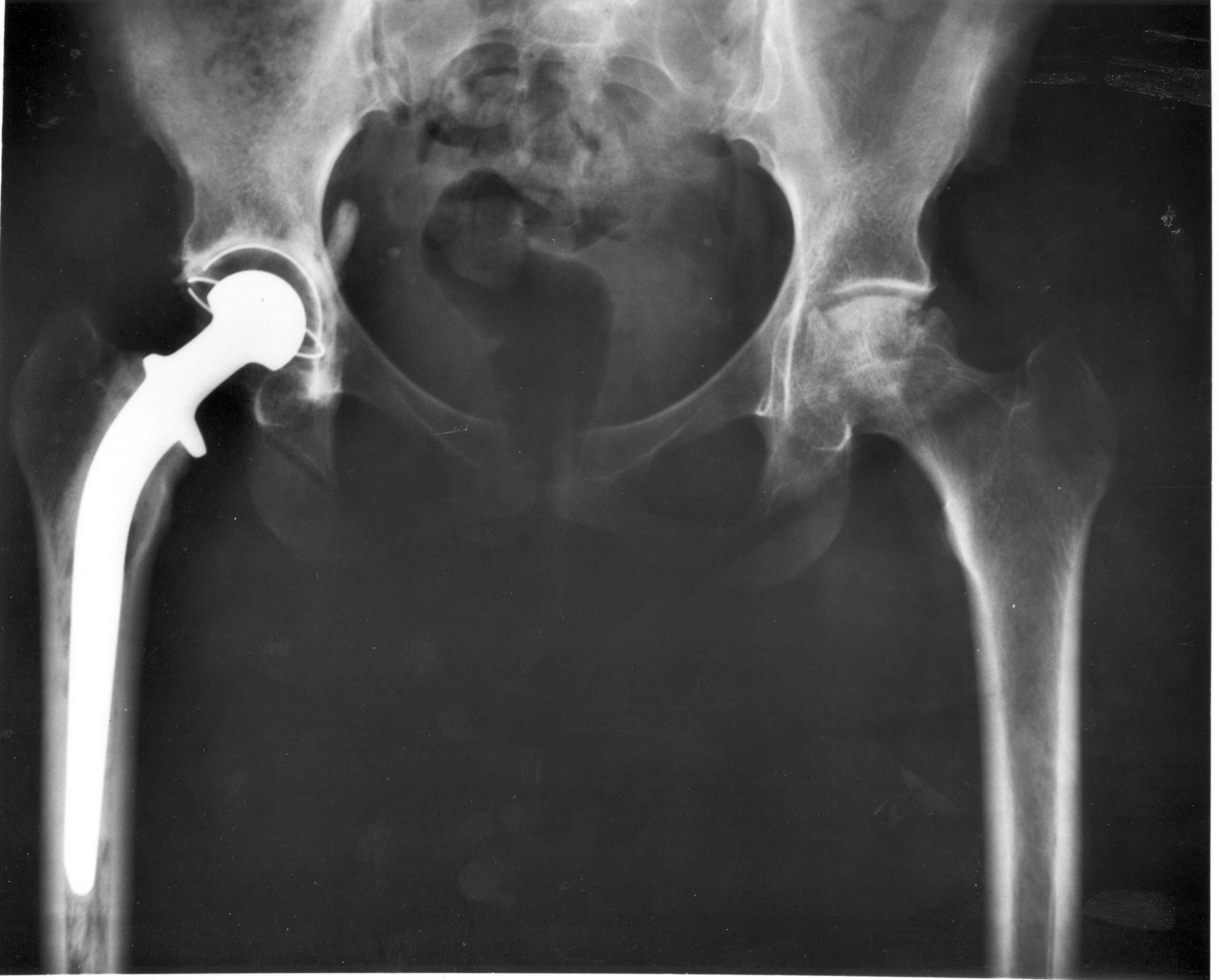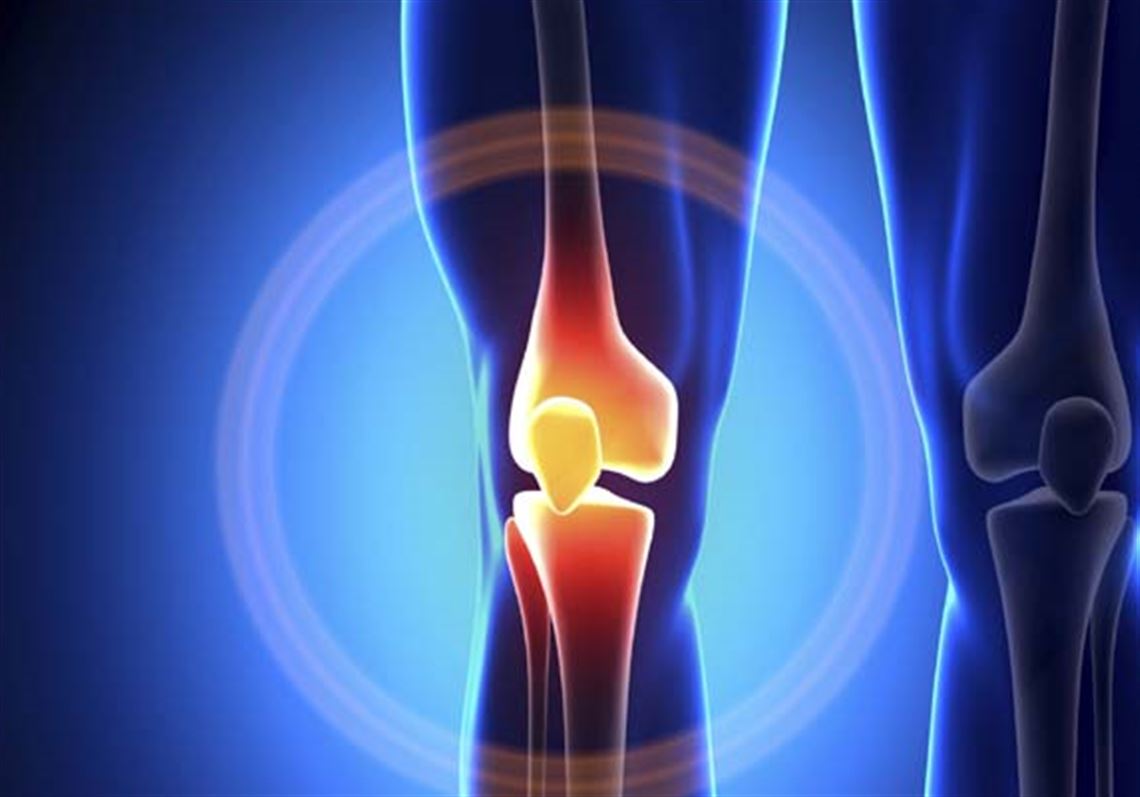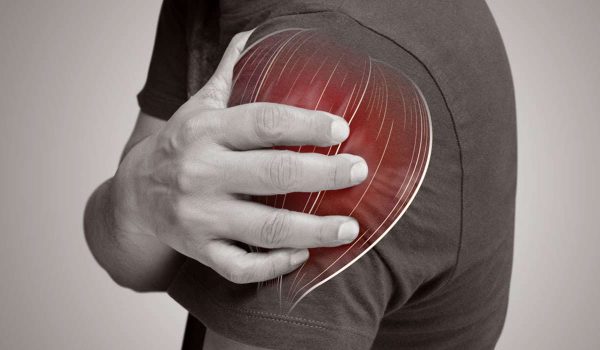Symptoms of Calcium Deficiency in Five-year-olds
It is possible to infer that the child suffers from a lack of calcium in his body by observing some symptoms on him, and as soon as this is discovered, this deficiency must be started immediately before serious health problems occur. Follow the following article with us in order to learn about the most important of these symptoms and how to deal with them.

Symptoms of calcium deficiency in five-year-olds
When a five-year-old child suffers from a lack of calcium, the following symptoms begin to appear on him, such as:
- The child suffers from osteoporosis and is more susceptible to fractures.
- Suffering from osteomalacia.
- Clearly weak and yellow teeth.
- Calcium deficiency may cause delayed tooth eruption in some children.
- The presence of a protrusion in the joints and muscles.
- Deformities in the legs and elbow.
- Excessive sweating during cold weather.
- Feeling very lethargic, general weakness, and fatigue.
- The child suffers from insomnia and sleep disorders.
Symptoms of calcium deficiency in children one-year-old
When children suffer from a lack of calcium in children who are one year old, for example:
- Constant feeling of tiredness.
- The sensation of pain in the muscles and many parts of the body.
- Delayed appearance of teeth and delayed ability to walk as well.
- The child has bowed legs due to an increase in the level of calcium in the blood.
- Poor functioning of neurotransmitters in the child causes an imbalance in the peripheral nerves.
- Facing severe difficulty sleeping due to muscle spasms.
- The child suffers from excessive nervousness, and this is known in infants as the oral contraction of the mouth muscles.
Symptoms of vitamin D and calcium deficiency
Suffering from a deficiency of vitamin D and calcium in the individual’s body has undesirable consequences for the individual’s body, especially if the condition has been neglected for a long period of time, and for this reason, it is necessary to start compensating for the deficiency in both vitamin D and calcium immediately after noticing a deficiency in them because this may cause an Excessive parathyroid hormone secretion. Examples of symptoms that appear in an individual and infer a deficiency in vitamin D and calcium include:
- Bones become brittle and more likely to break with the slightest effort.
- Occurrence of skeletal deformities in what is known as rickets in children from 6 to 24 months.
- Suffering from muscle weakness in children and the elderly.
- Feeling muscle pain.
- Feeling tired, exhausted, and suffering from insomnia.
- Dryness of hair, skin, and nails.
- Having some skin diseases such as eczema, alopecia, and psoriasis.
- There are many dental problems.
- Entering into a state of severe depression.
The best kind of calcium
Calcium is very important for the health of teeth and bones in addition to being very important for many functions that occur in the human body such as the heart and muscles, and calcium is obtained by drinking milk and its derivatives in addition to types of vegetables such as spinach, okra and broccoli in addition to sardines and cauliflower Calcium can also be obtained from nutritional supplements, and the best of these supplements are:
- Calcium carbonate: It is less expensive than others, in addition to containing calcium.
- Calcium citrate: It is the easiest to absorb among the other types.
- Calcium Phosphate: It is also easy for the body to absorb and does not cause constipation.
Calcium supplements can be available in many forms, such as pills, syrups, capsules, and chocolate, so the fixed dose of tablets and capsules is once a day, and the drink is once or twice a day with a teaspoon. It is not preferable to take calcium supplements without consulting a doctor in advance, because this may It cause the individual many problems such as kidney stones.
Excess calcium in the body and its damage
Also, the lack of calcium in the body has a lot of damage that affects the health of the individual, also the increase in it from normal rates is very dangerous and this condition is defined as excessive calcium, and this causes the presence of calcium in the blood in large proportions, which leads to the occurrence of many health disorders Among the side effects of excess calcium in the body:
- Osteoporosis: the continuation of the bones excreting calcium into the blood causes the so-called osteoporosis, and this matter causes fractures in the bones in a very easy way and weakens them severely, and the spine can become bulging.
- Kidney stones: Suffering from an increase in the percentage of calcium in the body of an individual causes the accumulation of stones in the kidneys in a large way, and this is because the urine contains a high percentage of calcium, which causes the formation of crystals, and when they collect, these stones occur.
- Kidney failure: The kidneys lose the ability to clean the blood and get rid of fluids due to the high level of calcium in the blood. This may lead to kidney failure.
- Heart rate disorder: Suffering from excessive calcium causes an effect on the electrical impulses that regulate the heartbeat.
Benefits of calcium for the body
In addition to the fact that calcium is very important in order to maintain healthy bones, it is also important for the human body, and its benefits are represented in the following points:
- Work to regulate the muscle contraction process that occurs in the individual’s body.
- Participates in the process of blood clotting.
- Reduces the risk of high blood pressure, especially during pregnancy.
- Improvement of cholesterol levels in the blood.
- Helps build teeth and maintain their health.
- Relieves symptoms that precede the onset of menstruation.
Calcium absorption
The absorption of calcium that takes place in the body of an individual is usually in the small intestine, and then it is transported through the blood to both the bones and many other tissues, and there are many reasons that lead to the body not absorbing all the amount of calcium that it gets, and some examples are:
- How much calcium is already in the body?
- The type of calcium that enters an individual’s body, whether through the diet or through dietary supplements.
- The health of the small intestine.
- Taking medications that reduce the body’s ability to absorb calcium in a good way, causes a deficiency in the individual’s body.
The percentage of calcium in milk
Milk is one of the most common sources of calcium that is known among many people over other things, and it is recommended by the doctor when the individual suffers from a slight deficiency in calcium because he is able to compensate for it appropriately because a cup of milk whose volume is 250 ml contains 300 milligrams of calcium. calcium.


